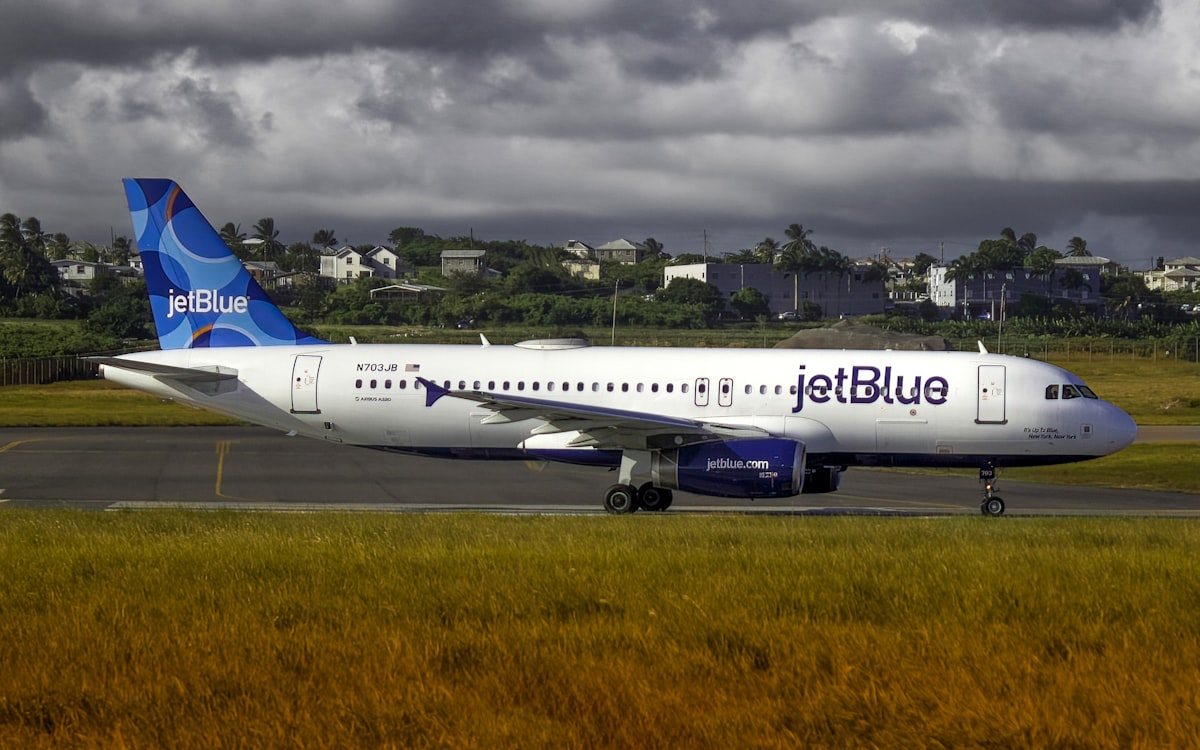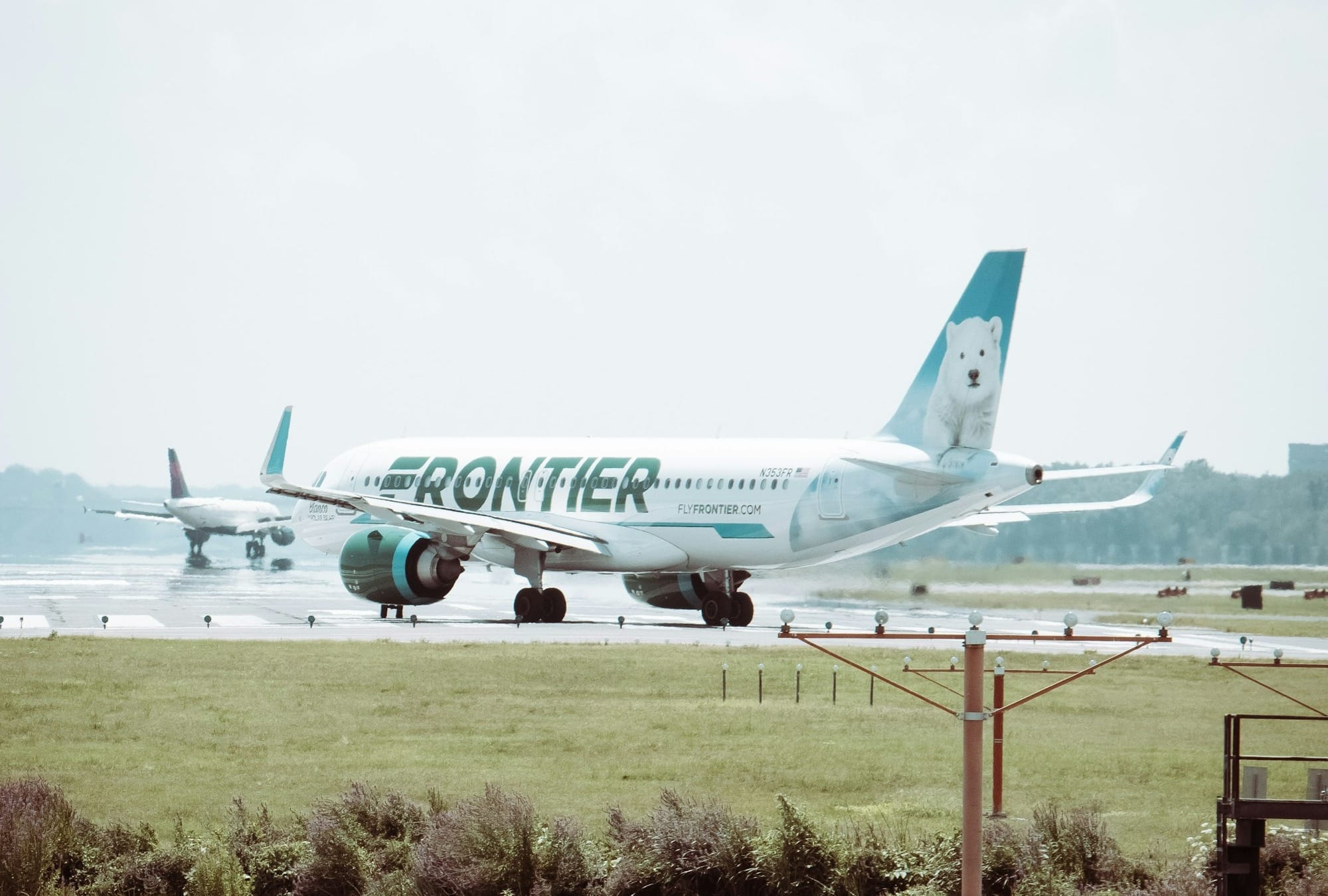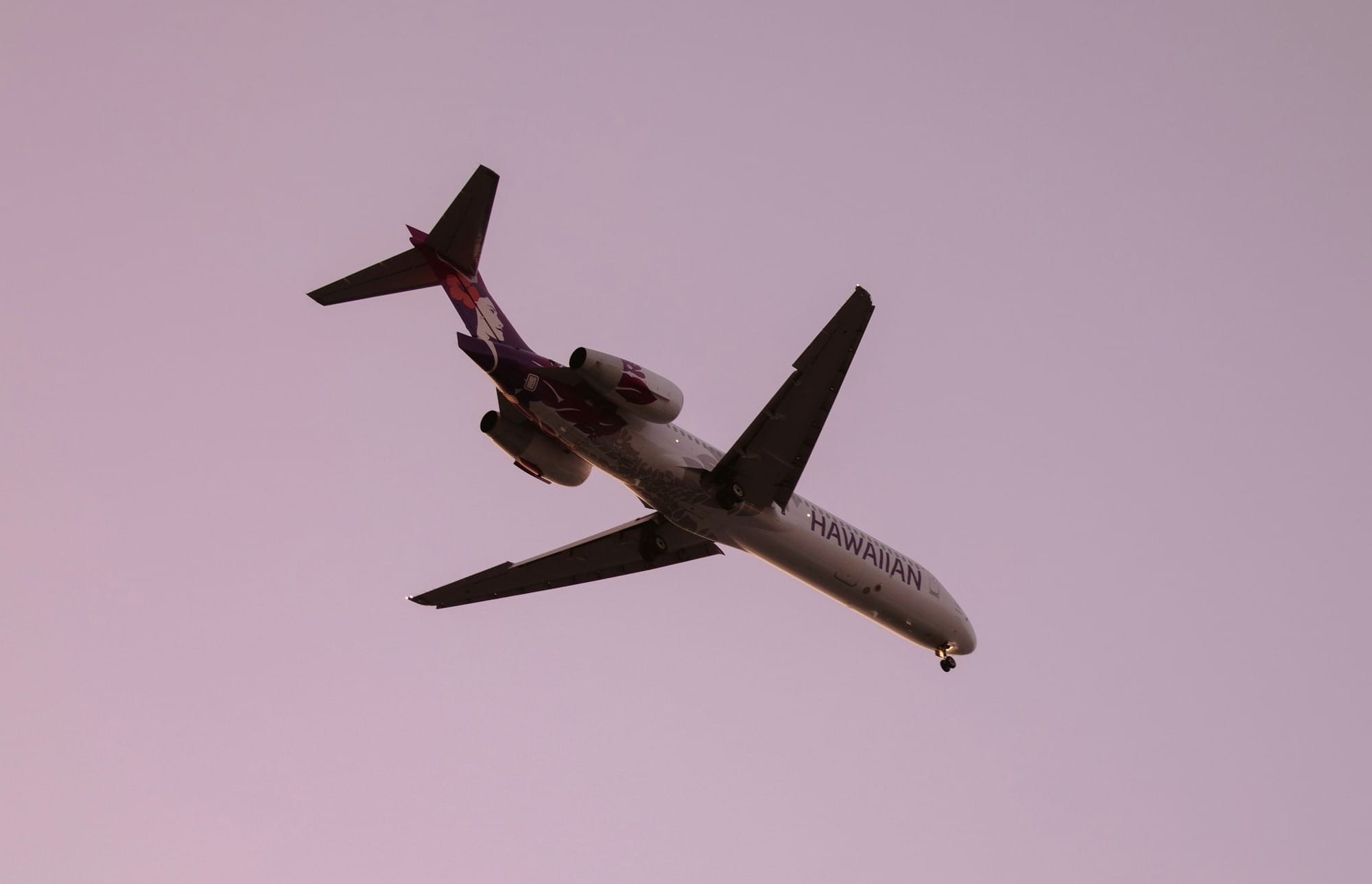JetBlue and Frontier Forge Path to Aviation Consolidation with Divestiture Agreement
The airline industry is on the cusp of a significant transformation as JetBlue and Frontier Airlines announce a divestiture agreement in the wake of JetBlue's planned merger with Spirit Airlines.


JetBlue and Frontier Forge Path to Aviation Consolidation with Divestiture Agreement
Key Takeaways:
- JetBlue and Frontier Airlines have reached a significant divestiture agreement.
- The agreement is a strategic move in anticipation of JetBlue's proposed merger with Spirit Airlines.
- This development could reshape the competitive landscape of the US airline industry.
The airline industry is on the cusp of a significant transformation as JetBlue and Frontier Airlines announce a divestiture agreement in the wake of JetBlue's planned merger with Spirit Airlines. This editorial delves into the intricacies of the agreement, its implications for the industry, and the potential outcomes for consumers and the companies involved.
The Strategic Implications of the Divestiture Agreement
JetBlue's ambitious plan to merge with Spirit Airlines has been a topic of intense speculation and analysis within the aviation sector. The recent divestiture agreement with Frontier Airlines marks a pivotal step in this process. This move is not merely a transaction but a strategic play that could redefine market dynamics and competitive balances. The agreement suggests a proactive approach by JetBlue to address regulatory concerns that often accompany such large-scale mergers.
Analyzing the Competitive Landscape Post-Agreement
The divestiture agreement between JetBlue and Frontier is expected to have a ripple effect across the competitive landscape of the US airline industry. By divesting certain assets, JetBlue aims to alleviate antitrust concerns, potentially smoothing the path for its combination with Spirit. This could lead to a more concentrated market, with JetBlue emerging as a stronger competitor against industry giants.
The Regulatory Hurdles Ahead
For JetBlue's merger with Spirit to materialize, it must navigate a complex regulatory environment. The divestiture agreement with Frontier is a calculated step towards this goal. It demonstrates JetBlue's commitment to compliance and its readiness to make concessions for the greater benefit of the merger. However, the deal will still face scrutiny from the Department of Justice and the Federal Aviation Administration, which are tasked with ensuring that such consolidations do not harm consumer interests.
Advertising
Consumer Impact: Fares and Choices
One of the most critical considerations in airline mergers is the impact on consumers. The JetBlue-Frontier divestiture agreement is designed to maintain competitive fares and choices for passengers. By divesting certain assets and possibly routes, JetBlue is signaling its intention to keep the market competitive, which could help prevent fare hikes and reduced options that often result from decreased competition.
Operational Synergies and Efficiencies
The combination of JetBlue and Spirit, facilitated by the divestiture agreement with Frontier, is expected to unlock operational synergies and efficiencies. The integration of fleets, networks, and personnel can lead to cost savings and improved services for travelers. These efficiencies are crucial for the merged entity to compete effectively and sustainably in the long term.
Market Reaction and Shareholder Value
The announcement of the divestiture agreement has significant implications for market perception and shareholder value. Investors and analysts will closely monitor the progress of the agreement, as its successful execution could lead to increased shareholder value for JetBlue and Frontier alike. The market's reaction to this development will be a telling indicator of the confidence in the strategic merits of the merger.

Employee Perspectives and Union Responses
Employees and unions play a vital role in the airline industry, and their perspectives on the divestiture agreement are essential. The combination of JetBlue and Spirit, with Frontier's involvement, will undoubtedly lead to discussions about job security, contracts, and working conditions. Transparent communication and negotiations will be key to ensuring a smooth transition for the workforce.
The Future of Low-Cost Carriers
The JetBlue-Spirit merger, with Frontier's divestiture agreement, could set a precedent for the future of low-cost carriers in the US. The consolidation of these airlines may prompt other budget carriers to consider similar strategies to remain competitive. This could lead to further mergers and acquisitions within the sector, reshaping the landscape of affordable air travel.
International Implications and Alliances
While the focus is on the US market, the JetBlue-Frontier divestiture agreement also has international implications. The combined strength of JetBlue and Spirit could lead to expanded international routes and stronger alliances with foreign carriers. This expansion could enhance global connectivity and competition, benefiting consumers worldwide.
Advertising
Anticipating the Next Moves in the Airline Industry
As the industry digests the news of the JetBlue-Frontier agreement, all eyes will be on the next moves of competitors and regulators. The outcome of this deal could trigger a chain reaction, prompting other airlines to reassess their strategies. The industry is at a potential inflection point, with this agreement acting as a catalyst for further change.
Summary
The divestiture agreement between JetBlue and Frontier Airlines is a landmark development in the airline industry, setting the stage for JetBlue's proposed merger with Spirit Airlines. This editorial has explored the strategic, competitive, regulatory, and consumer implications of the agreement. The outcome of this deal could significantly alter the US airline industry's competitive landscape, impacting fares, choices, and the overall travel experience for consumers.



